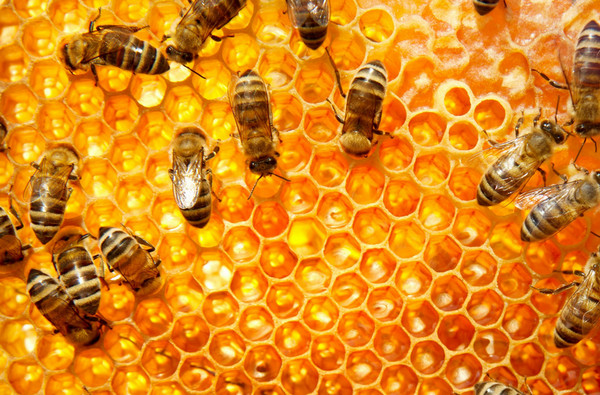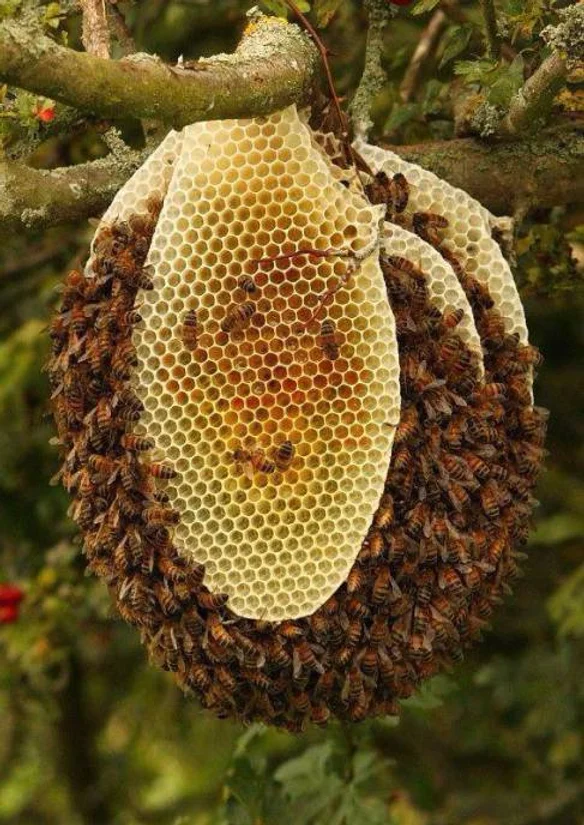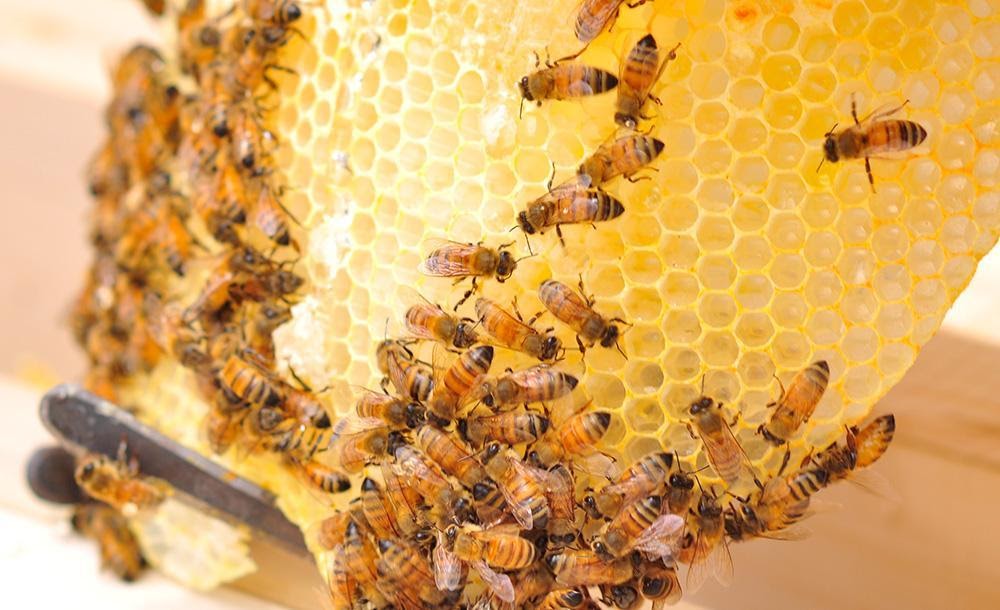Progress of Bee Keeping Beekeeping has been an integral part of agriculture in Odisha, a state located in the eastern part of India. Over the years, beekeeping has witnessed significant progress in the state, both in terms of the adoption of modern techniques and the increased awareness about the importance of bees in agricultural practices.
Beekeeping has become a popular and lucrative farming activity in many parts of Odisha. Farmers have realized the numerous benefits of beekeeping, such as increased crop yields, improved pollination, and the production of high-quality honey and other bee products. The favorable climatic conditions in Odisha, with its moderate temperature and diverse flora, provide an ideal environment for beekeeping.

In recent years, the government of Odisha has taken various initiatives to promote beekeeping as a means of livelihood for farmers. Several training programs and workshops have been organized to educate farmers about modern beekeeping practices, honey production techniques, and the importance of conserving bees.
One of the major strides in the progress of beekeeping in Odisha has been the adoption of modern beekeeping techniques. Traditional beekeeping methods have given way to modern bee colonies, such as the Langstroth hive system, which is more efficient and allows for better honey production. Many farmers have also started using protective gear, such as beekeeping suits and veils, to ensure their safety during honey extraction.
The state government has also established bee breeding centers and honey processing units to support beekeepers. These centers provide training, technical support, and essential infrastructure to beekeepers, enabling them to expand their operations and increase honey production. Additionally, these centers promote the cultivation of bee-friendly plants and flowers to improve the availability of nectar and pollen for bees.

Another important aspect of beekeeping progress in Odisha is the increasing awareness among farmers and the general public about the significance of bees in pollination. Bees play a crucial role in pollinating various agricultural crops, including fruits, vegetables, and oilseeds. Through awareness campaigns and educational programs, farmers have come to understand the symbiotic relationship between bees and agriculture, leading to a greater appreciation for beekeeping as an integral part of sustainable farming practices.
Furthermore, the progress of beekeeping in Odisha has also contributed to the conservation of local bee species. Traditional beekeeping methods focused on capturing wild swarms, which often resulted in the decline of native bee populations. However, with the adoption of modern beekeeping techniques, farmers are now encouraged to breed and rear local bee species, promoting their conservation and preventing the extinction of these valuable pollinators.
The increased production of honey and other bee products has opened up new market opportunities for farmers engaged in beekeeping. Honey produced in Odisha is known for its distinctive flavor and quality, making it highly sought after in domestic and international markets. Apart from honey, beeswax, propolis, royal jelly, and other bee-related products have also gained popularity, providing additional income streams for beekeepers.
You can read our another post on Twin Temple of Gandharadi: A Marvel of Ancient Architecture

Write A FAQ For Progress of Bee Keeping in Odisha
What is the current state of beekeeping in Odisha?
The progress of beekeeping in Odisha has seen significant growth in recent years, with an increasing number of individuals and organizations taking up beekeeping as a sustainable and economically viable practice.
What factors have contributed to the progress of beekeeping in Odisha?
Several factors have played a role in the progress of beekeeping in Odisha. These include government initiatives and support, increased awareness about the benefits of beekeeping, availability of training and resources, and favorable climatic conditions for beekeeping.
What are the benefits of beekeeping in Odisha?
Beekeeping in Odisha offers numerous benefits. It provides additional income for farmers, improves crop pollination leading to increased agricultural productivity, facilitates honey production and other bee products, and contributes to the conservation of bees and their important role in ecosystems.
What challenges exist for beekeeping in Odisha?
Despite progress, there are still challenges for beekeeping in Odisha. These include limited access to credit and insurance for beekeepers, lack of proper infrastructure for honey processing and storage, and instances of indiscriminate pesticide use affecting bee populations.
What initiatives are being undertaken to further promote beekeeping in Odisha?
To enhance the progress of beekeeping in Odisha, various initiatives are being implemented. These include capacity-building programs for beekeepers, establishment of beekeeping training centers, promotion of organic beekeeping practices, and advocacy for supportive policies and regulations.
Conclusion
In conclusion, the progress of beekeeping in Odisha is impressive and highly beneficial for both farmers and the environment. With the adoption of modern techniques, increased awareness, and government support, beekeeping has witnessed a remarkable transformation in the state. The future looks promising for beekeepers in Odisha, as this sustainable farming practice continues to contribute to agricultural growth, biodiversity conservation, and economic development in the region.
